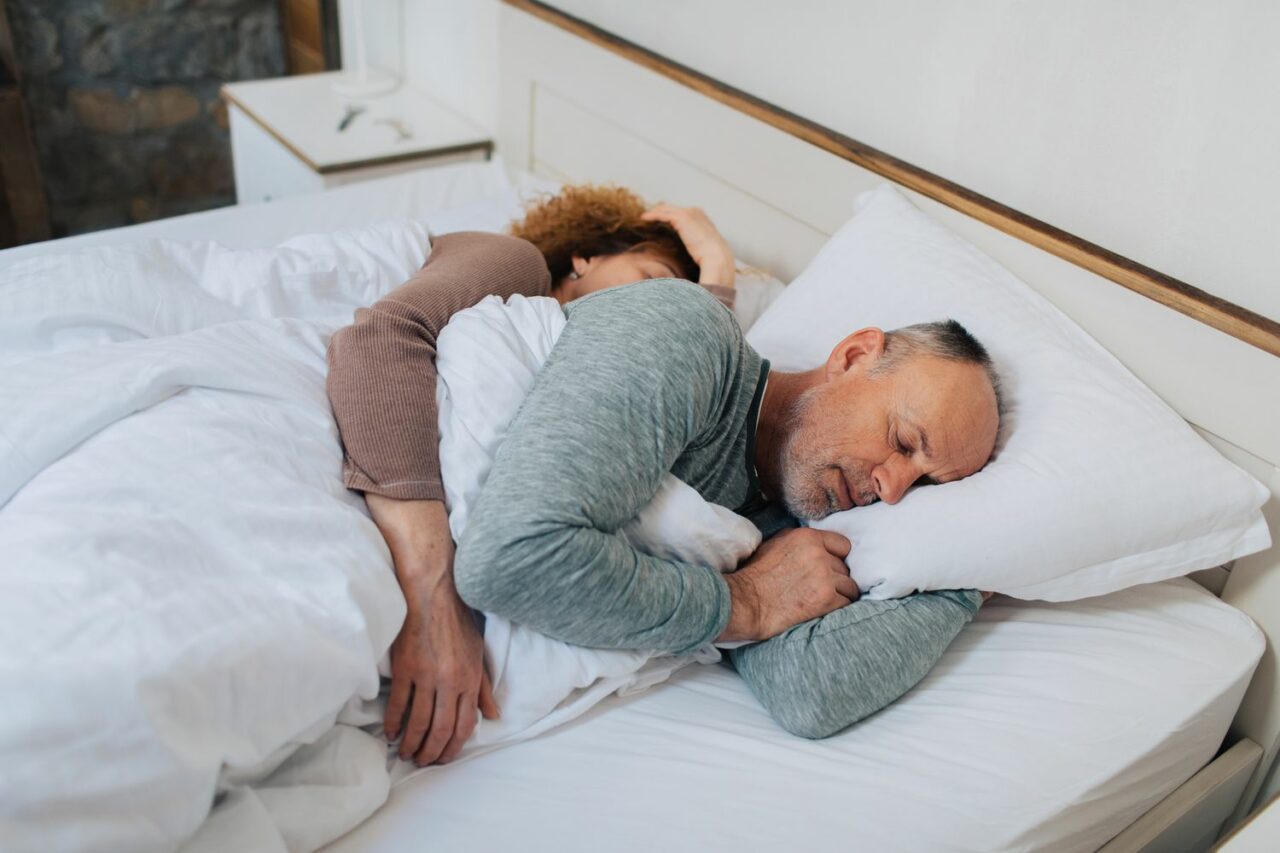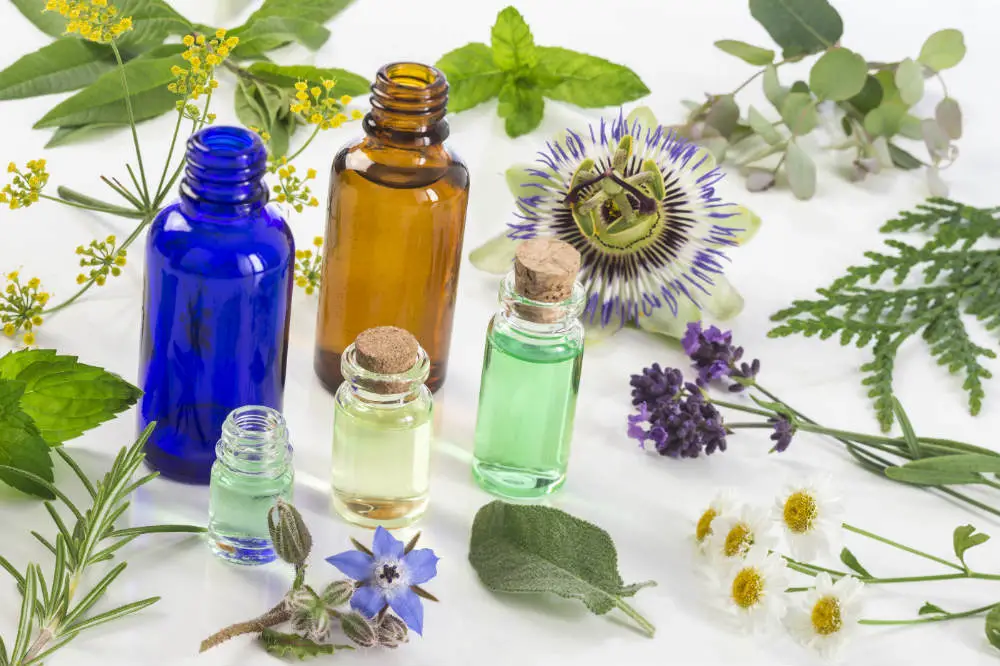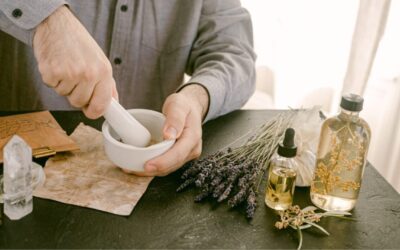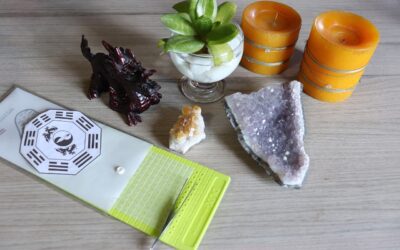Medicinal Herbs for Sleep: A Comprehensive Guide
Getting a good night’s sleep is essential for overall health and well-being. Unfortunately, millions of people struggle with insomnia and other sleep disorders. While there are prescription medications available to help with sleep, many people prefer to try natural remedies first. Medicinal herbs have been used for centuries to promote relaxation and improve sleep quality. In this article, we will explore some of the most popular medicinal herbs for sleep, including valerian, passionflower, lavender, hops, Californian poppy, linden lime, and tart cherry.

Valerian (Valeriana officinalis)
Valerian root is one of the most well-known medicinal herbs for sleep. It has been used for centuries to promote relaxation and improve sleep quality. Valerian works by increasing the levels of gamma-aminobutyric acid (GABA) in the brain, a neurotransmitter that helps to calm the nervous system. It also contains compounds that can bind to benzodiazepine receptors in the brain, which are the same receptors targeted by prescription sleep medications like Ambien and Xanax.
Studies have found that valerian can improve sleep quality and reduce the time it takes to fall asleep. It may also help with symptoms of anxiety and depression, which can often contribute to sleep problems. While valerian is generally considered safe, it can cause drowsiness and should not be taken before driving or operating heavy machinery.
Passionflower (Passiflora incarnata)
Passionflower is another herb that has been used for centuries to promote relaxation and improve sleep quality. It works by increasing levels of GABA in the brain, similar to valerian. Passionflower also contains compounds called harmala alkaloids, which have been shown to have sedative properties.
Research has found that passionflower can improve sleep quality and reduce the time it takes to fall asleep. It may also help with symptoms of anxiety and depression, which can often contribute to sleep problems. Passionflower is generally considered safe, but it may interact with certain medications, such as blood thinners.
Lavender (Lavandula angustifolia)
Lavender is a fragrant herb that is often used in aromatherapy to promote relaxation and reduce stress. It contains compounds that have been shown to have a sedative effect on the nervous system, making it a popular choice for promoting sleep.
Studies have found that inhaling lavender oil can improve sleep quality and reduce the time it takes to fall asleep. It may also help with symptoms of anxiety and depression, which can often contribute to sleep problems. Lavender is generally considered safe, but it may cause skin irritation in some people.
Hops (Humulus lupulus)
Hops are the flowers of the hop plant and are most commonly used in the production of beer. However, hops also have sedative properties and have been used for centuries to promote relaxation and improve sleep quality.
Hops contain compounds called alpha acids and humulones, which have been shown to have sedative effects on the nervous system. Research has found that hops can improve sleep quality and reduce the time it takes to fall asleep. It may also help with symptoms of anxiety and depression, which can often contribute to sleep problems. Hops are generally considered safe, but they may interact with certain medications, such as sedatives and antidepressants.
Californian Poppy (Eschscholzia californica)
Californian poppy is a mild sedative herb that has been used for centuries to promote relaxation and improve sleep quality. It works by increasing levels of GABA in the brain, similar to valerian and passionflower.
Studies have found that Californian poppy can improve sleep quality and reduce the time it takes to fall asleep. It may also help with symptoms of anxiety, stress, and pain, which can often contribute to sleep problems. Californian poppy is generally considered safe, but it may interact with certain medications, such as sedatives and benzodiazepines.
Linden Lime (Tilia spp.)
Linden lime is a tree that is native to Europe, Asia, and North America. It has been used for centuries as a medicinal herb for its calming and sedative properties. Linden contains compounds that can help to relax the nervous system, reduce anxiety, and promote sleep.
Studies have found that linden can improve sleep quality and reduce the time it takes to fall asleep. It may also help with symptoms of anxiety, stress, and depression, which can often contribute to sleep problems. Linden is generally considered safe, but it may interact with certain medications, such as blood thinners and diuretics.
Tart Cherry (Prunus cerasus)
Tart cherry is a type of cherry that is high in melatonin, a hormone that regulates sleep. Melatonin helps to promote sleep by regulating the body’s sleep-wake cycle. Tart cherry also contains compounds called anthocyanins, which have anti-inflammatory properties and may help to reduce pain and inflammation, which can often interfere with sleep.
Studies have found that tart cherry can improve sleep quality and duration, reduce the time it takes to fall asleep, and help to regulate the sleep-wake cycle. It may also help with symptoms of pain and inflammation. Tart cherry is generally considered safe, but it may interact with certain medications, such as blood thinners and antidepressants.

How to Use Medicinal Herbs for Sleep
Medicinal herbs for sleep are available in various forms, including teas, tinctures, capsules, and essential oils. The most appropriate form depends on individual preferences and needs. For example, teas and tinctures may be preferred for their convenience, while capsules and essential oils may be preferred for their ease of use and portability.
When using medicinal herbs for sleep, it is essential to follow the recommended dosage and instructions carefully. It is also important to be aware of any potential interactions with other medications or medical conditions. We recommend you consult with a naturopath or medical herbalist before using medicinal herbs for sleep, especially if you are pregnant, breastfeeding, or taking any medications.
Conclusion
Medicinal herbs have been used for centuries to promote relaxation and improve sleep quality. Valerian, passionflower, lavender, hops, Californian poppy, linden lime, and tart cherry are just a few examples of the many medicinal herbs that can help to promote sleep. While these herbs are generally considered safe, it is essential to follow the recommended dosage and instructions carefully and recommended to consult with a medical herbalist or other trusted healthcare provider before using them. By incorporating medicinal herbs into your bedtime routine, you can help to improve your sleep quality and overall health and well-being.





